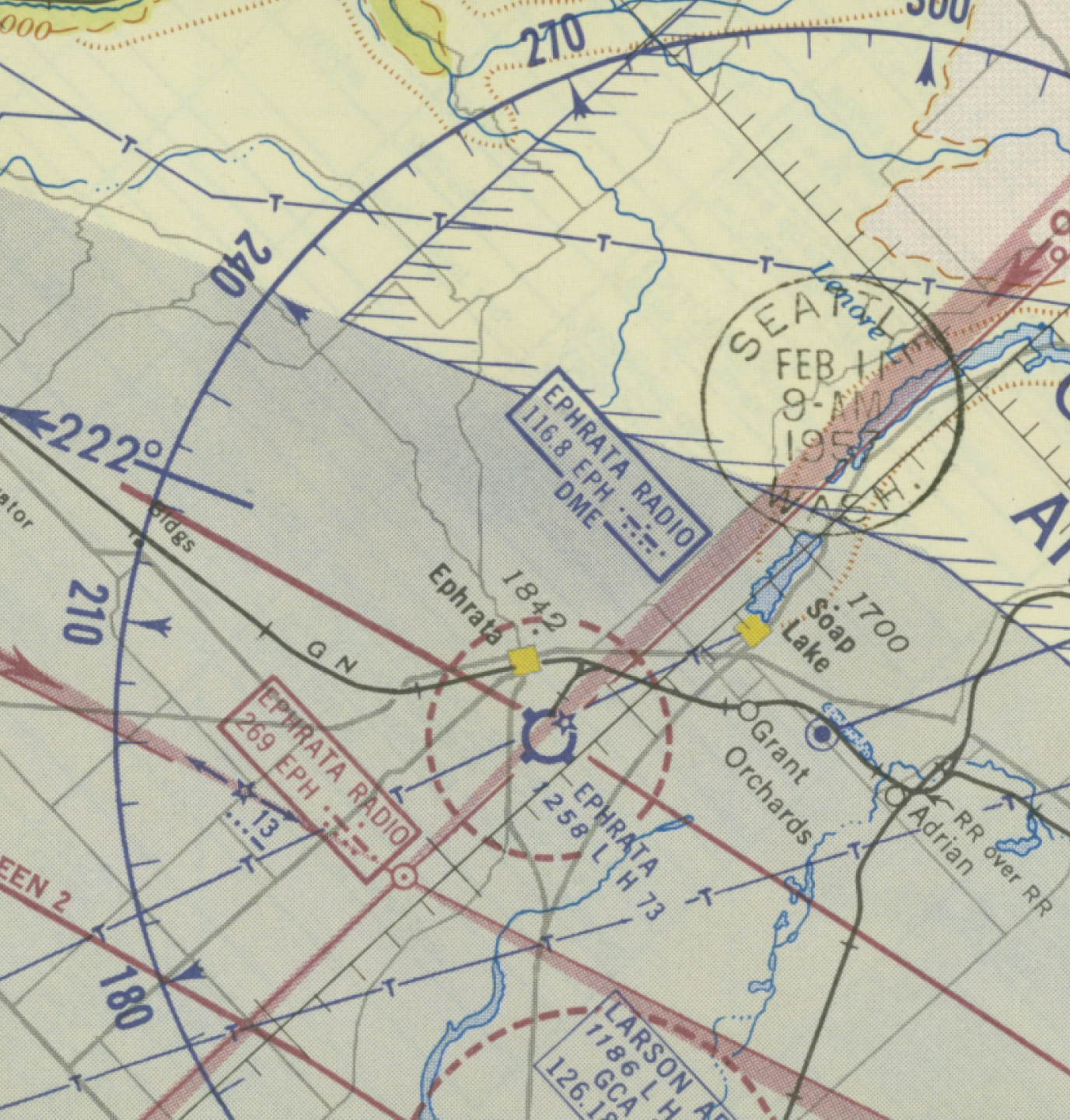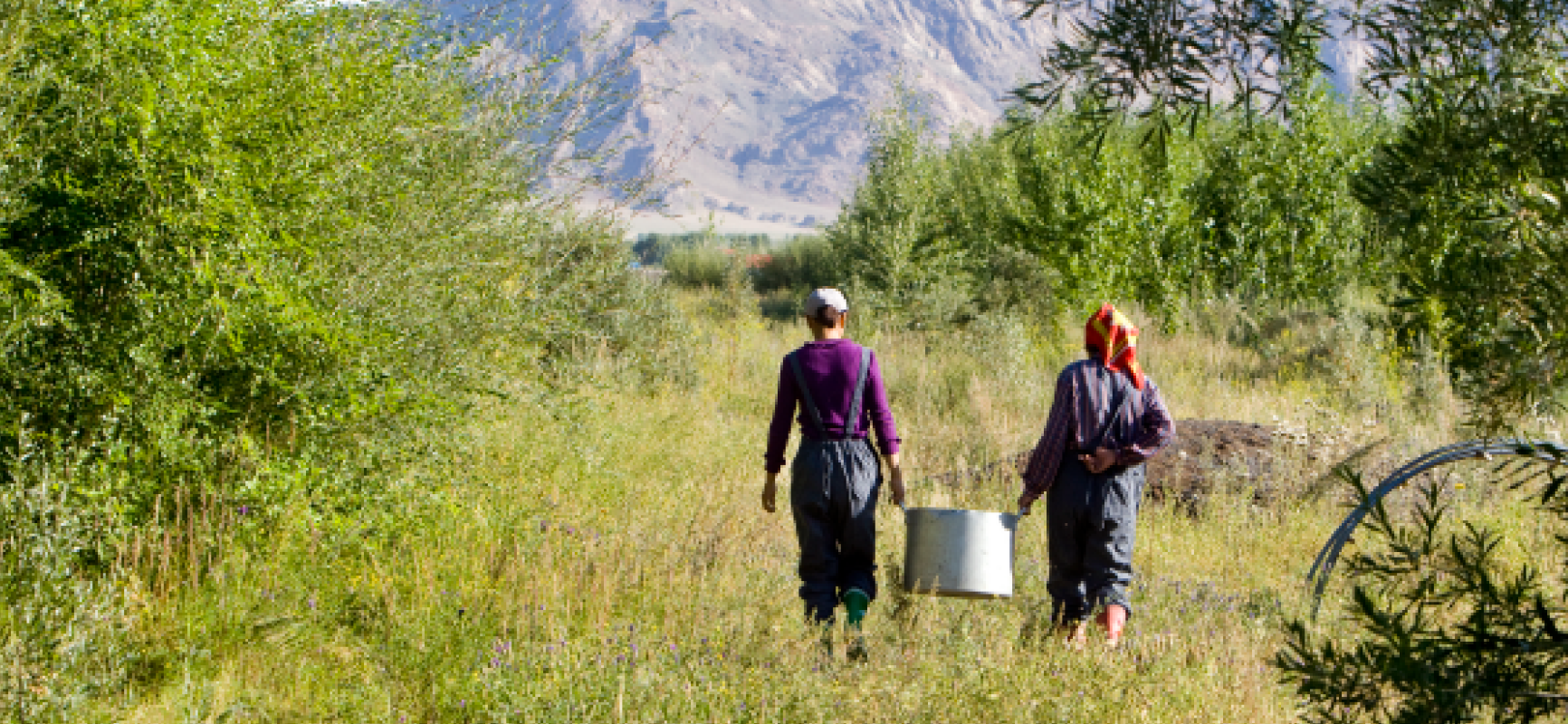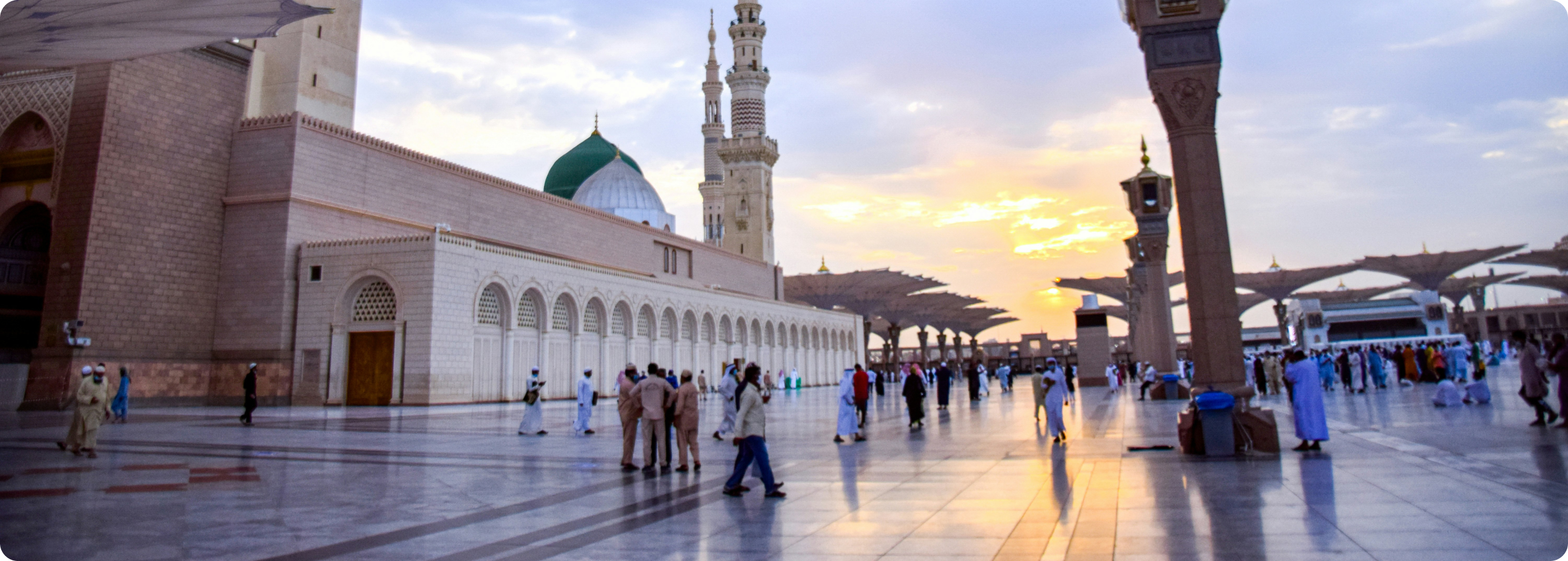
Harmonizing global environmental policies and multilateral agreements


Harmonizing global environmental policies and multilateral agreements

Engaging diverse societal sectors in decision-making and implementation

Promoting innovation in science and technology for effective governance
Integrated governance is essential if we are to address the multiple ecological and climate crises we face as a human race. To do so, we must act at multiple levels of cooperation, including international agreements, technology assessment, and civil society engagement.
SDGs
1
No poverty
2
Zero hunger
3
Good health and well-being
4
Quality education
5
Gender equality
6
Clean water and sanitation
7
Affordable and clean energy
8
Decent work and economic growth
9
Industry, innovation and infrastructure
10
Reduced inequalities
11
Sustainable cities and communities
12
Responsible consumption and production
13
Climate action
14
Life below water
15
Life on land
16
Peace, justice and strong institutions
17
Partnerships for the goals

No poverty

Long lasting, inclusive well-being society
Supporting SDGs
Advancing Saudi Vision 2030 Goals